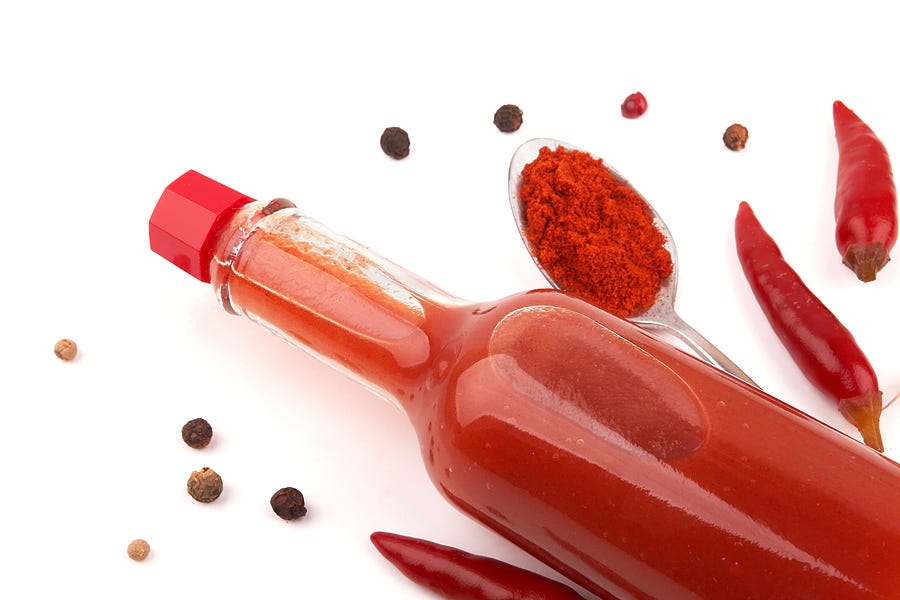Editor’s Note: This post originally appeared with an incorrect date in the headline.
1. Public Sector Pension Plan buys into US private prisons. The irony of this situation is delicious. Canada’s Public Sector Pension Investment Board – which administers pension funds for Canada’s largely unionized federal public service – has been buying shares in American private prison companies. Yes, those same private prisons that union leaders rail against as being abominable union-busters who crush human rights beneath their privately-funded black leather jackboots.
Prisons have been a booming business in the USA for decades and I can see why they attracted the attention of Canadian pension funds. The simple reality is Canada’s public servants earn outsized pay cheques, enjoy unmatched benefits and reap the reward of very rich pensions on retirement. “Retirement” – for the benefit of my private sector readers is a privilege largely afforded only to those who are paid with taxpayer dollars. But, I digress.
As a result of the taxpayers lavish spending on public servants, these public sector pensions are so bloated with cash they’ve pretty-much run out of the normal, safe, socially-responsible, boring things they used to invest in. Stuffed full of taxpayer-subsidized pension premiums, they’ve been forced to branch out into riskier and more questionable investment options over the past 20 years. And, while union bosses will scream about this, their members will continue to reap the rewards. Note to the union leaders: don’t protest too much. It’ll cost you.
2. Trudeau’s illegal tourist jails are, predictably, a fuster cluck. Monday was D-Day for Justin Trudeau’s illegal hotel prison scheme.* It did not go well. Upset international travellers arriving at one Canada’s four designated airports yesterday found long lines and confusion. In Toronto, for example, they were required to book a stay in one of six airport hotels – at their own expense (up to $400 per night) – through a government-managed reservation system. Phone calls to that reservation number were met with hold times of up to 10 hours, frequently punctuated with dropped calls. Customer service excellence, government style. There is no online booking option – because, government.
The Toronto Star found rooms available online at the designated hotels for $129 per night – while rooms booked through the government call centre for quarantine passengers at the same hotel were selling for $329. What if we ran all our prisons this way?
*I asked the Prime Minister’s Office on January 30 (after he announced his plan publicly) whether the PM’s plan to detain travellers against their will and at their own expense was legal – and, if so, under what law or authority. They didn’t know. Apparently, they still don’t as I haven’t yet received an answer.
3. Can judges advocate for justice?The case of Ontario Court judge Donald McLeod is a complicated one. Here is a Black Man, a role model for young people of colour, who is a bona fide success story. He grew up in social housing and now sits on the bench as one of too few Black justices in Ontario. In his effort to advance justice and advocate for Canadians, he helped found the Federation of Black Canadians. His heart, it appears, is pure. His cause, without doubt, is just.
But, can judges advocate for justice?
Some say no.
McLeod finds himself on “trial” before the Ontario Judicial Council for the second time, facing allegations his actions have sullied the reputation of the court. And, as ridiculous as that sounds, his accusers may be correct.
The French word for lawyer is “avocat”– advocate. And, that’s exactly what lawyers are. They advocate for their clients. But, judges are a different beast. Judges are above the adversarial fray in their courtrooms – literally elevated on a dais. To judge effectively, and to be seen to judge justly, they must be impeccably impartial.
Elevation from lawyer to judge is a great privilege and honour, typically reserved for the best and brightest lawyers (and those most politically-connected.) It comes with a handsome salary, job security and public prestige. But, it does not come without a price. Judges traditionally remove themselves from public debate. They give up their ability to take sides. Something Justice McLeod has chosen not to do.
It seems to me, he’s a good man doing good things. But, judges are expected to do their good things whilst in their robes and on their bench. Nowhere else. Fighting for justice means taking sides – precisely what judges cannot do.
Justice McLeod has a choice to make. He can be an advocate, or an impartial judge. He can do good and important work in either role. But, not in both.
4. When even The Toronto Star says you’re “cavilling” on China.You know Justin Trudeau has a problem when the very Liberal Toronto Star turns on him. In this case, the paper’s Editorial Board called him out on his wishy-washy kowtowing to China’s communist dictators. Trying to avoid confrontations with the bullies in Beijing has gotten Canada nowhere. The politburo simply laughs in the face of Trudeau’s genuflection.
Canada’s secret intelligence service has repeatedly warned the government – and Canadians – that communist China is an active and growing threat to our national interests and the security of Canada and Canadians at home and abroad. But, such warnings fall on deaf Liberal ears. Why?
In 2010, then Director General of CSIS Richard Fadden broke with precedent and acknowledged publicly that there were “a number” of Canadian politicians at every level of government – including cabinet ministers at federal and provincial levels – who may have been “compromised” by the Chinese Communist Party. It’s time for an update on that situation.
Canadians need to know if Justin Trudeau’s reticence to oppose China’s government is in Canada’s interest – or China’s.




